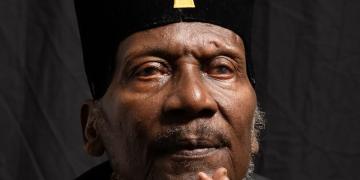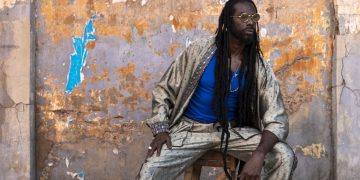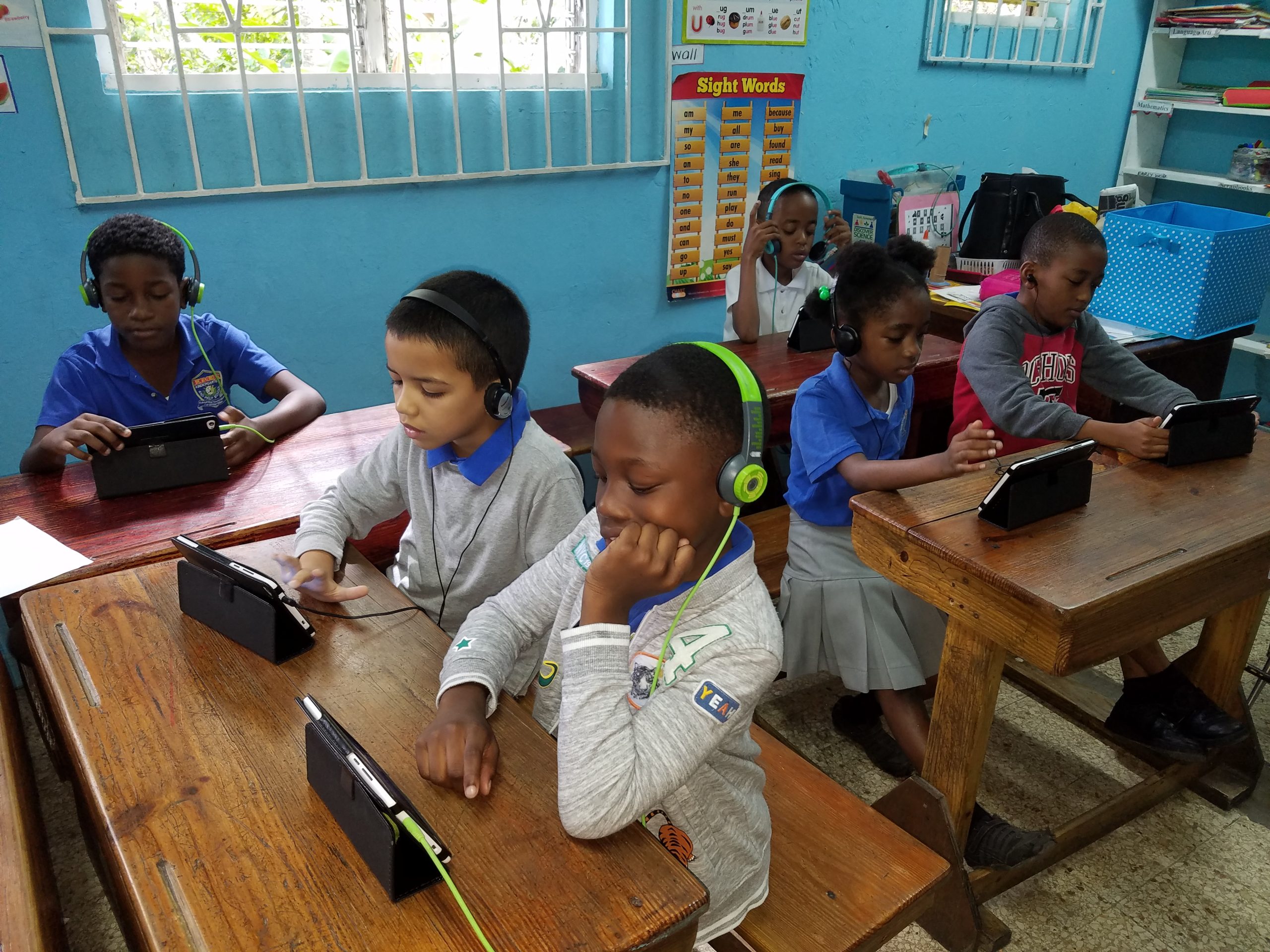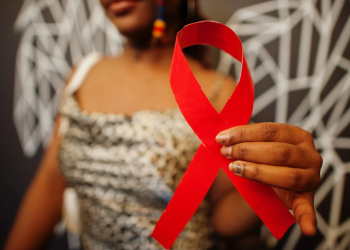
Have you ever stopped and asked yourself, two of life’s simple yet profound questions? Who am I? and Who is the “I” that is asking the question? Consciously contemplating these responses is how the soul quietly invites you to learn and know yourselves spiritually. The answers reveal that your self-image only defines certain aspects of who you are and gradually, you begin to dissolve the lie that you are separate from the Creator of all life.
When thinking about “who we are”, we usually focus on egoic identities like race, gender, profession and our roles as wives, daughters, etc. all of which on the physical plane, matters. Pun intended! Of course, we need an ego to live, survive and thrive in a capitalistic modern world, without it, we would be naive. Conversely, having an identity that is solely predicated on external labels, is that we are vulnerable to changing conditions. When these conditions are perceived as “bad” we may experience chronic stress, unworthiness, anxiety, fear, and hopelessness. In essence, we think we are losing “who we think we are.” Our work as conscious beings, having a human experience, is to stabilize the illusory dichotomy of the ego and the self. We can learn, through spiritual practice, to use the egoic personality to be in service of our highest ideals. The reward is that we feel intrinsically connected to a Loving Ineffable Timeless Presence that resides within us and is all around us.
It was personally important for me to discuss spiritual health and its connection to mental health during Black History Month because I have seen the damaging effects this myth of separation has had on black and brown communities of color as well as people in my family. The pervasive loss of connection to our spiritual nature, is what I observe as one of the major underlying causes of mental and emotional imbalances in our society. Consequently, when it comes to communities of color, health advocates and thought leaders must filter through the lens of compassion, the history of enslavement which continues to reveal unhealed ancestral, emotional, and physical traumas that manifest in our present day mental, physical and emotional bodies.

Advocating spiritual health and Divine self-love as a pathway to personal healing and transformation is how I choose to contribute solutions to problem that I am passionate about. I do not presume it is the only way to resolve a complex issue such as mental health. I have studied and practiced spiritual health for 13 years. This was initiated by my own personal challenges with health and wellness. I sought after emotional healing tools (I will share more on this in part 2 of this article) that I could use to create a life that I was grateful to wake up to each day. Using those tools, I deliberately designed a life that is filled with love, joy, abundance, and emotional well-being. Nevertheless, choosing to live a spiritually conscious life does not immune me or anyone who chooses this path from the pain of living, it only helps to sooth our resilience with the understanding that even the deepest pain will pass.
It is important to remember that mental and emotional illnesses occur on a broad spectrum of life challenges ranging from feelings of insecurity or not being “successful” to severe mental illnesses such as depression or suicidal thoughts. All pain is valid and appropriate healing treatment should match the diagnosis. If you or someone you love are having suicidal thoughts, please seek help through a certified therapist or mental health counselor or call the National Suicide Prevention Lifeline at 1-800-273-8255.
To be continued…

Tamara Speid is a heart-centered revolutionary, guide, and experience artist devoted to empowering you to awaken from the mindset of struggle by experiencing a life filled with beauty. Follow Tamara on IG @thespeidexperience or visit her online at www.thespeidexperience.com.
























